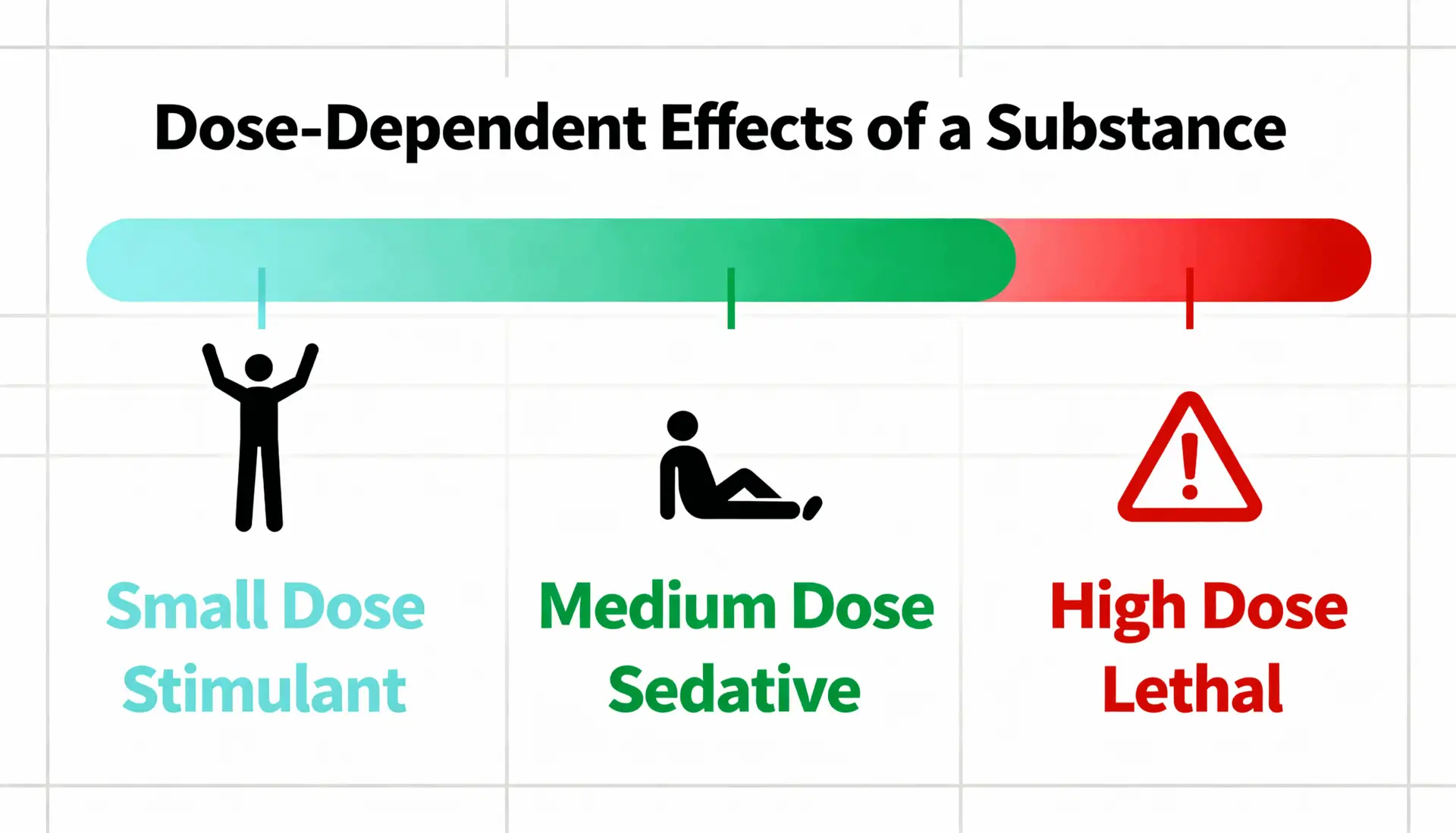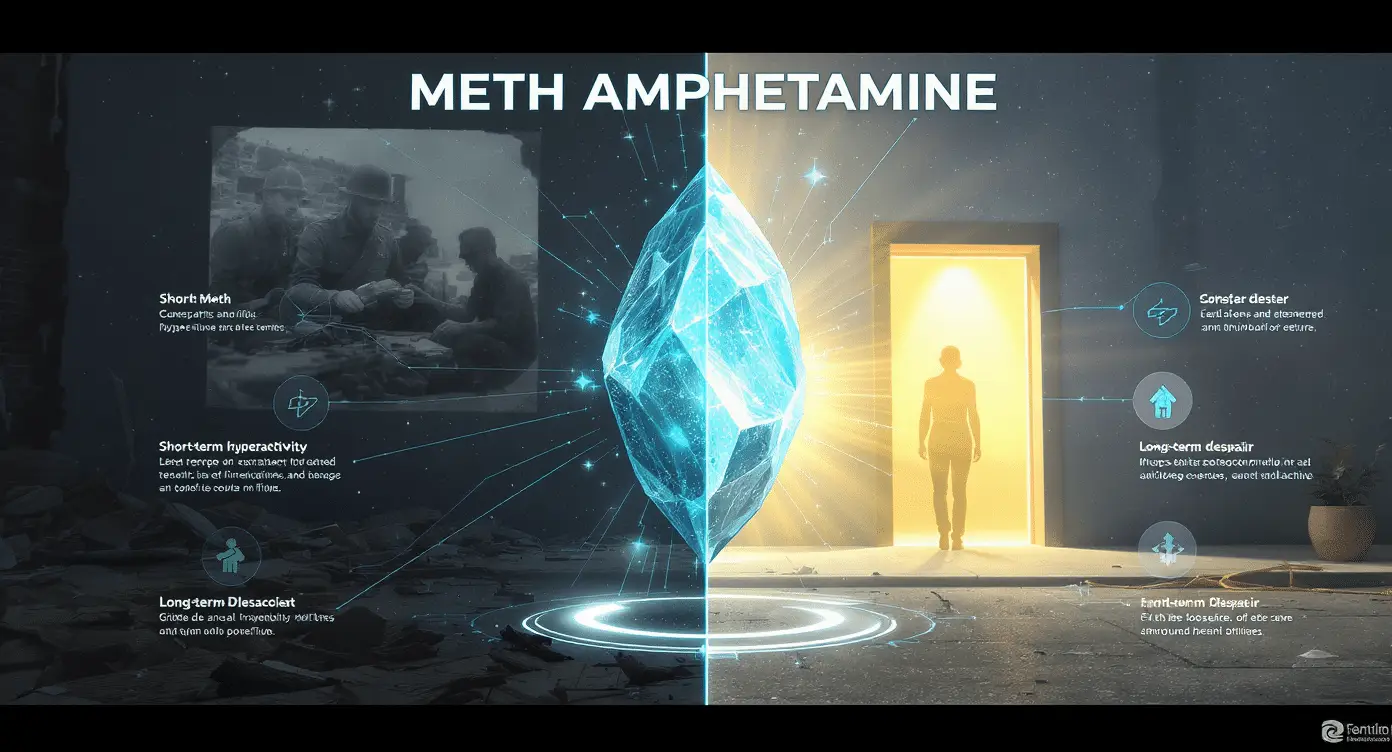Many people turn to marijuana to feel relaxed, creative, or even more focused. But how does cannabis really affect your long-term motivation? The link between marijuana and motivation is subtle at first—but can become a life-altering trap.
This article breaks down how regular cannabis use can quietly erode your ambition, damage your future potential, and affect your ability to care about what once mattered most.
How marijuana alters your brain’s motivation center
The brain’s reward system depends heavily on dopamine—a chemical that reinforces goal-driven behavior. THC, the main psychoactive compound in marijuana, disrupts how dopamine is regulated. Over time, this can blunt your natural drive to take action, set goals, and follow through.
Instead of seeking real-world accomplishments, users begin to settle for the immediate dopamine spike cannabis provides. Gradually, the brain stops linking reward with real-life effort.
In studies shared by the National Institutes of Health, frequent marijuana users show reduced activity in the striatum—a region critical for motivation and planning.
What is the amotivational syndrome?
The term “amotivational syndrome” refers to the lack of interest, low ambition, and overall mental dullness seen in many regular cannabis users. Although still debated among scientists, the pattern is hard to miss in real life:
-
- Loss of ambition
-
- Poor academic or job performance
-
- Lack of concern for personal hygiene or deadlines
-
- A growing tendency to “drift” instead of act
While not everyone who smokes weed becomes unmotivated, the risk increases with frequent use—especially when it starts young.
Why teens and young adults are more vulnerable
The connection between marijuana and motivation is even more critical in adolescence. During this stage, the prefrontal cortex is still developing. This part of the brain controls judgment, decision-making, and delayed gratification.
Using marijuana during this period can interfere with the development of long-term planning and work ethic. Even when teens seem “functional,” the internal drive to grow, learn, or strive often diminishes over time.
At Narconon Europe, we frequently see students and young professionals who’ve lost their spark—not because of trauma or laziness, but because cannabis gradually took away their desire to push forward.
Not lazy, just numbed
It’s easy to mistake a lack of motivation for laziness. But most users describe something more subtle: a fog. Tasks feel overwhelming. Deadlines slip. Life feels like it’s happening in the background.
They’re not unwilling—they’re simply disconnected from urgency.
One former cannabis user said:
“I didn’t stop caring overnight. I just slowly stopped moving.”
This is the essence of how marijuana and motivation conflict.
Can motivation come back after quitting?
Yes. Many people report a dramatic return of energy, focus, and drive after quitting marijuana—even after years of use. However, the timeline varies based on age, frequency, and individual brain chemistry.
-
- Some recover in weeks
-
- Others take months to rebuild habits and clarity
-
- In cases of long-term use, professional support may be needed to regain full cognitive momentum
Quitting isn’t just about stopping a habit—it’s about reconnecting with a future you care about.
Conclusion: Marijuana and motivation don’t mix in the long run
Marijuana might help you relax for a moment—but at a cost. Over time, it replaces real rewards with artificial ones, delays your growth, and subtly robs you of the drive to build something meaningful.
If you’ve noticed yourself slipping—or someone you love losing their passion—it’s not too late. The first step is clarity. The second is action.
FAQ
How does marijuana affect motivation in the brain?
THC interferes with dopamine signaling, reducing your brain’s natural reward for goal-driven actions. This can lead to decreased ambition and effort over time.
Can quitting marijuana improve motivation again?
Yes. Many users report a return of energy and focus after quitting, although recovery time varies based on usage patterns and age.
What is amotivational syndrome caused by marijuana?
It’s a condition marked by loss of interest, poor performance, and emotional flatness linked to chronic cannabis use.
Are teens more at risk of losing motivation from cannabis?
Absolutely. Adolescent brains are still developing executive function. Early cannabis use can impair long-term planning, judgment, and academic drive.



